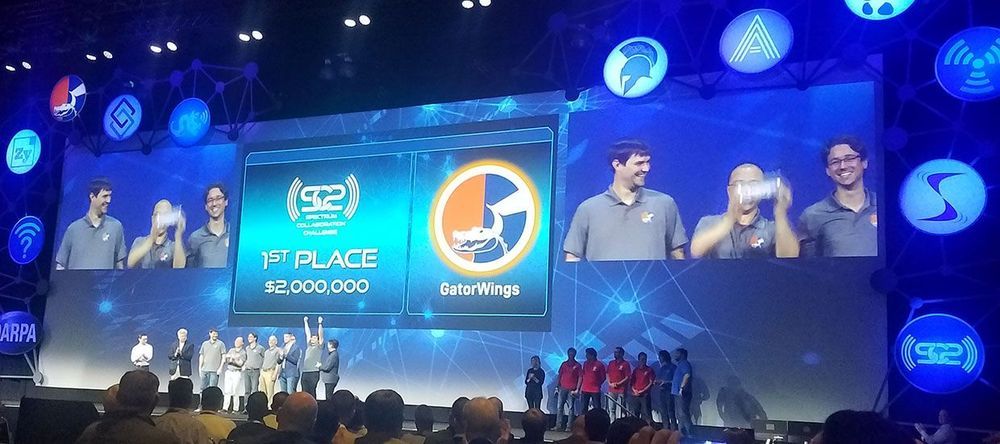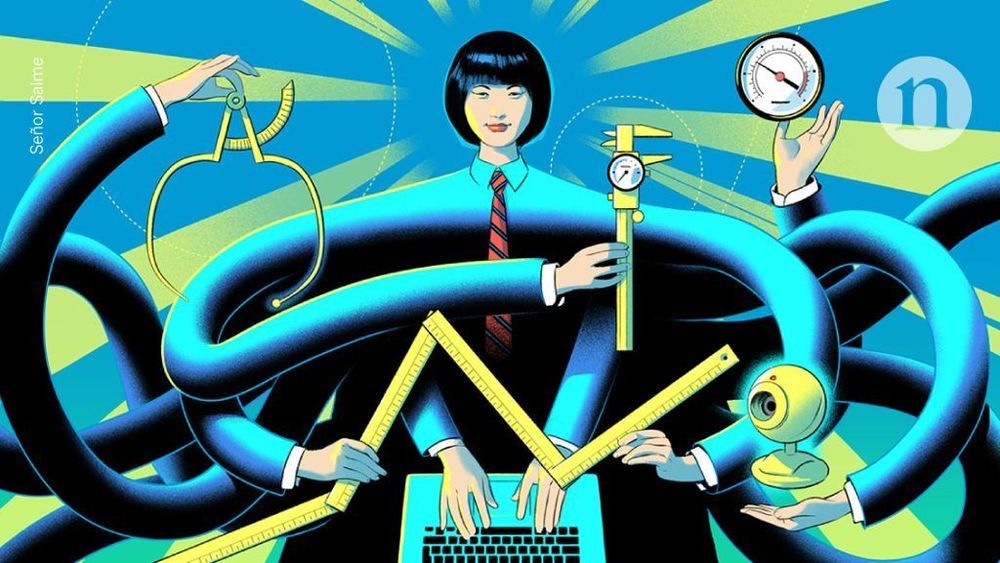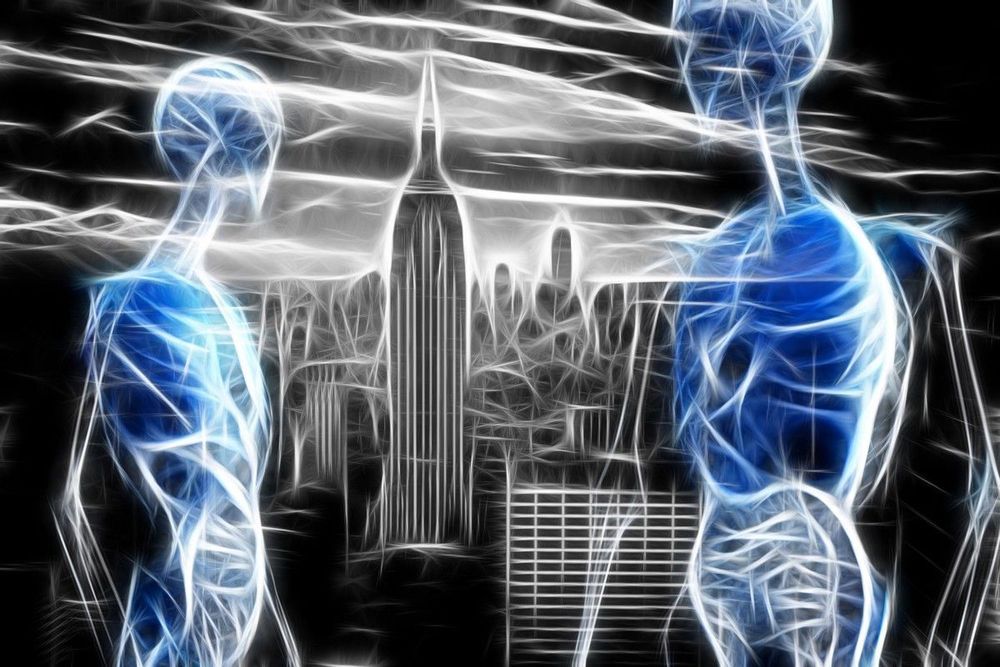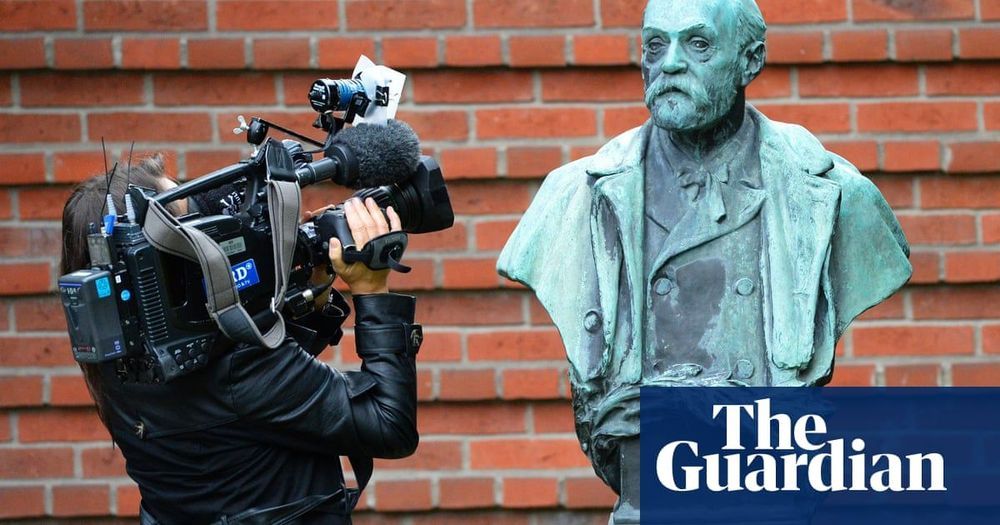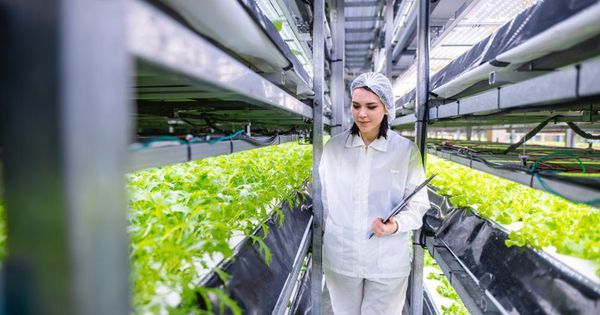The low cost of genetic testing has prompted a slew of Chinese companies, including 23Mofang and Shenzhen-based WeGene, to enter the market and tap growing demand in the world’s second largest economy, which is expected to reach US$4.3 billion by 2023. Compared to the US, China remains a fairly nascent market for direct-to-consumer genetic testing.
The low cost of direct-to-consumer genetic testing has prompted a slew of Chinese companies to enter the domestic market, which is expected to reach US$4.3 billion by 2023.

